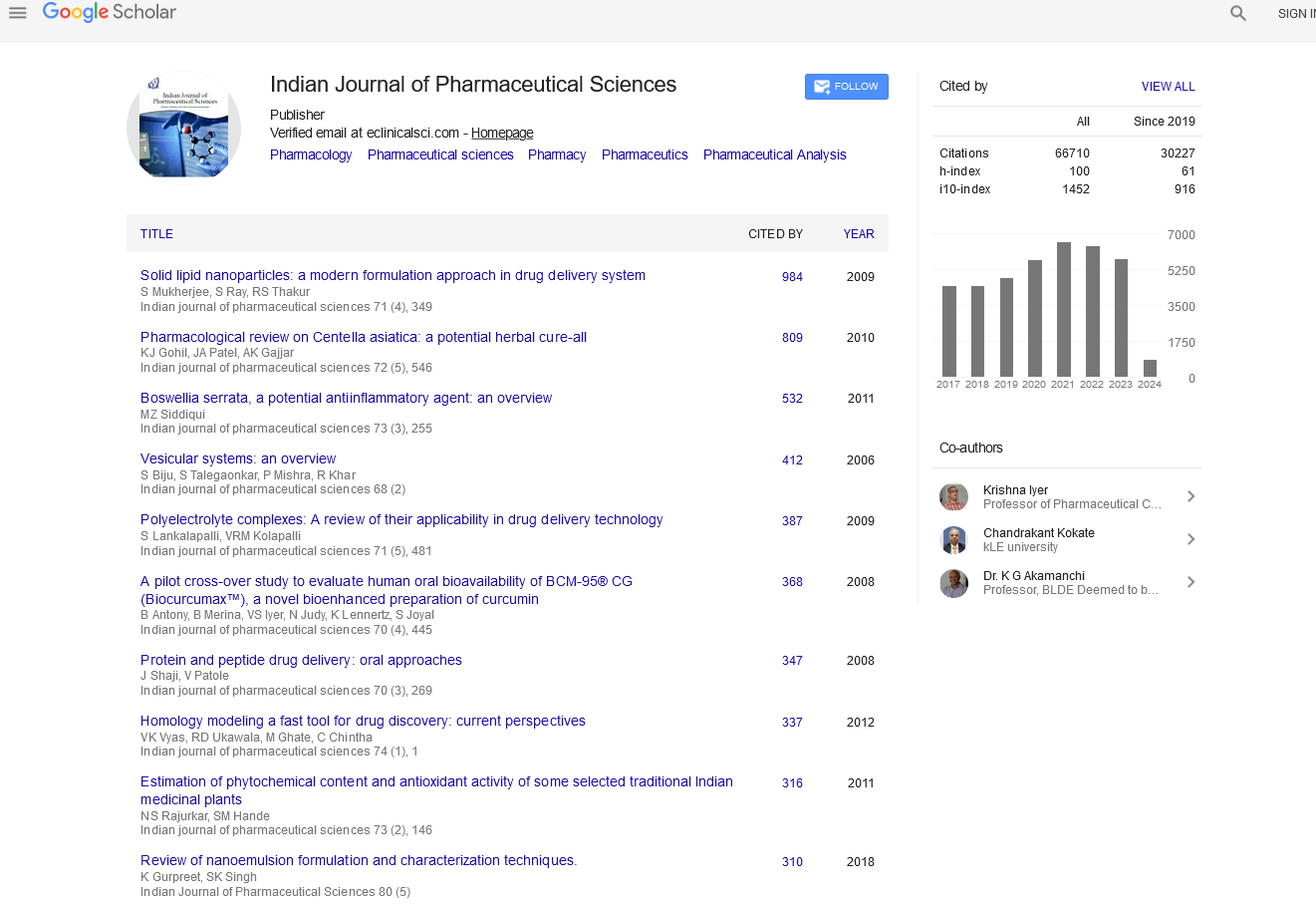Abstract
Effect of Ultrasonic Stimulation on Mechanical Properties of Alginate Beads
School of Life Science, 1Henan Institute of Pharmaceutical Science, 2Department of Neurology, First Affiliated Hospital of Zhengzhou University, Zhengzhou, 453000, China
Correspondence Address:
1Henan Institute of Pharmaceutical Science, China E-mail: docgpy@126.com
In the drug delivery systems using external ultrasonic stimulation to manipulate the drug release from carriers, the effect of the ultrasonic stimulation on drug carriers should be investigated. Alginate beads were fabricated using a conventional extrusion method, and their shear moduli were calculated by a compression test and the hertz law. The changes in the shear moduli of the alginate beads resulted in changes in their physical properties. Alginate is a thermally sensitive material. Ultrasonic stimulation increased the temperature of the solution. When sonicated at high temperatures, the alginate beads shrank and their shear moduli increased exponentially. In the absence of the ultrasonic thermal effect, no change in the physical properties of the alginate beads was evident. Therefore, the ultrasonic thermal effect influenced the physical properties of the alginate beads. The stream and cavitation effects produced by the ultrasonic stimulation did not affect the properties of the alginate beads. it can be attributed to the fact that alginate beads have a high shear moduli and that the ultrasonic cavitation cannot damage the surface of alginate beads.





